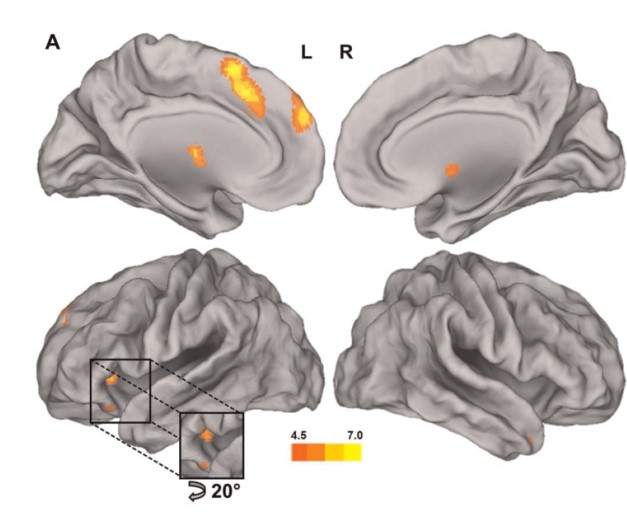Neural correlates of affective task switching and asymmetric affective task switching costs
Abstract The control of emotions is of potentially great clinical relevance. Accordingly, there has been increasing interest in understanding the cognitive mechanisms underlying the ability to switch efficiently between the processing of affective and non-affective information. Reports of asymmetrically increased switch costs when switching towards the more salient emotion task indicate specific demands in the […]

